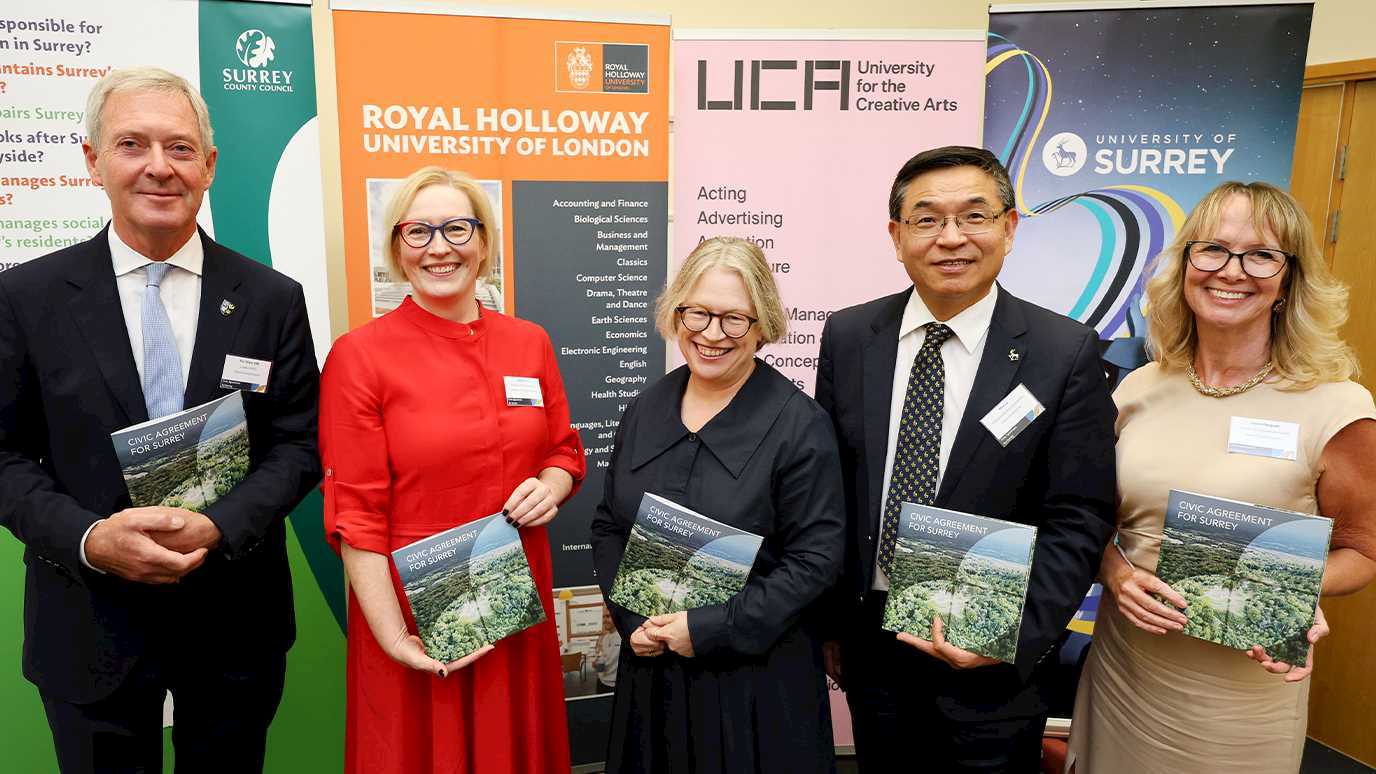Analysis of the result of the 2017 General Election by experts at the University of Kent and Royal Holloway, University of London has examined why Theresa May’s gamble at the polls in June backfired.
It found:
- May’s strategy of courting UKIP in 2015 backfired, losing London and Southern seats
- Appealing to a narrower band of white, older, pro-Brexit voters cost support in areas which were younger, more ethnically diverse and highly educated
In their article, The 2017 General Election, Brexit and the Return to Two-Party Politics in Political Quarterly, Professor Oliver Heath, Royal Holloway, University of London andProfessor Matthew Goodwin, University of Kent, analysed election data.

Professor Oliver Heath
Although they found Theresa May’s strategy did win considerable support from the key social groups it had been directed toward (white, older, pro-Brexit, working-class), her strategy of aggressively courting the 2015 UKIP vote backfired. This was at least partially responsible for the Conservative Party losing seats, particularly in London, the South East and the South West.
Labour, meanwhile, managed to attract support from a broader coalition and one that is not in as distinct social groups as the Conservative Party’s. The gains Labour made came from a variety of different sources.
Jeremy Corbyn’s acceptance of Brexit while wanting to protect jobs does not appear to have cost Labour votes in areas that had voted for Brexit, and was simultaneously a much more popular option in the younger and more diverse areas that had voted to Remain in the EU.
Labour’s impressive performance also appears to have been helped by an increase in turnout, which changed the composition of voters. Turnout was higher in younger and more ethnically diverse seats, and where there were larger numbers of graduates.
Labour also benefited from a consolidation of the anti-Tory vote, particularly from the Liberal Democrats and the Greens.
Published in Political Quarterly, the report focused mainly on England and Wales, as a different set of factors are important in Scotland, where the SNP is dominant and the issue of independence is more salient.
Professor Heath, along with Royal Holloway colleague Dr Kaat Smets, was recently appointed editor of sector-leading journal Electoral Studies. The pair belong to the Elections and Democracy Centre, Part of the Department of Politics and International Relations.
Find out more about the Democracy and Elections Centre, and our new Elections, Campaigns and Democracy MSc. at the the Department of Politics and International Relations.
























